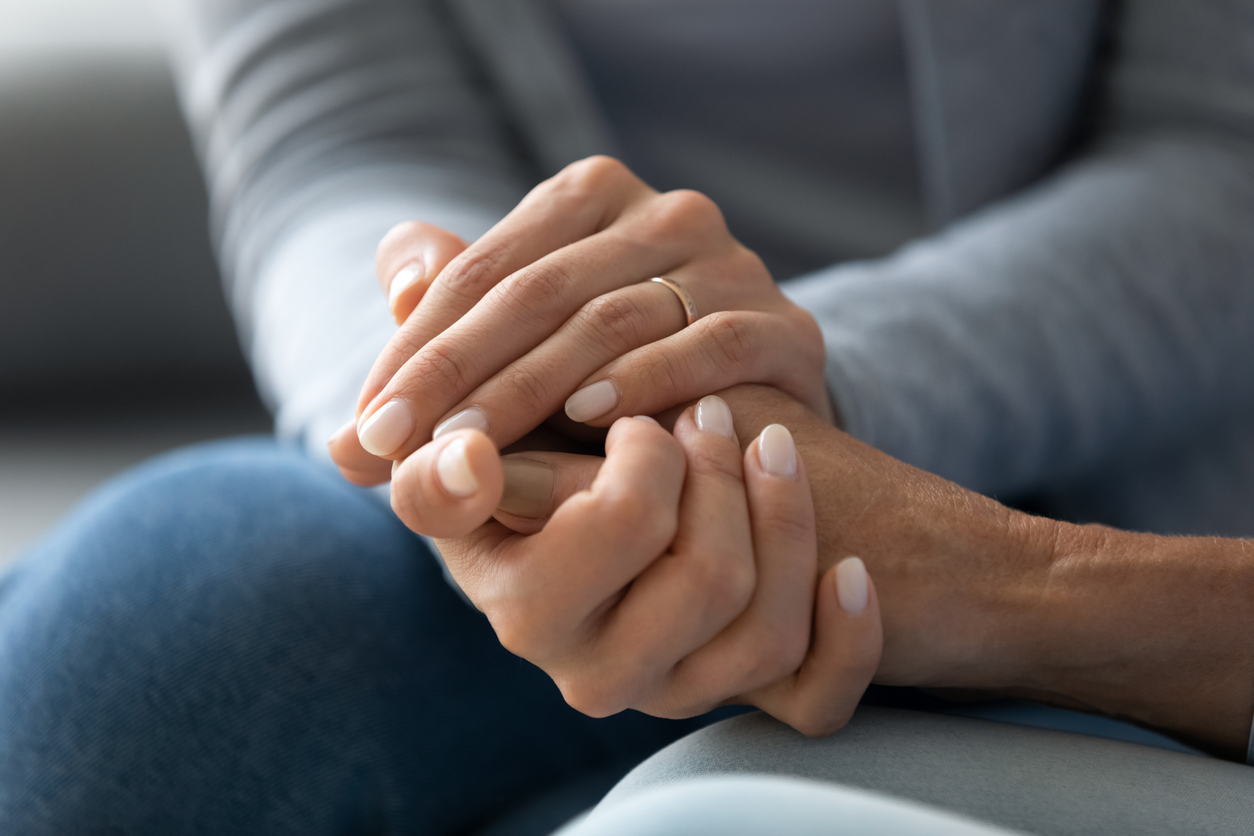When we hear the word “doula,” most of us think of birth. But there’s another kind of doula—one who supports us at the other end of life’s journey. Enter the death doula: a growing profession that is transforming how we experience dying, loss, and grief.
So, What is a Death Doula?
A death doula—also known as an end-of-life doula—is a non-medical professional trained to provide emotional, spiritual, and practical support to individuals and families as they approach the end of life. Where hospice handles the medical needs, a death doula tends to the human experience of dying: listening, comforting, guiding, and being present.
What Services Do Death Doulas Offer?
Emotional & Spiritual Support
Helping individuals and families process fear, regret, hope, or acceptance. Some doulas incorporate rituals, legacy work, or life review storytelling.
End of Life Planning
Supporting the creation of advance directives, funeral wishes, and helping individuals articulate what a “good death” means to them.
Vigil Presence
Sitting bedside in the final hours, offering comfort and calm to both the dying and their loved ones.
Family Support
Guiding loved ones through what to expect physically and emotionally, and offering grief support before and after death.
Practical Guidance
Helping organize logistics like obituaries, memorial planning, and connecting to other services (like funeral homes or grief therapists).
Why are Death Doulas Becoming More Popular?
In short: people are craving more humanity in how we approach death. Some key trends behind the rise:
- More families are seeking holistic, non-clinical support to complement hospice care.
- Millennials and Gen Xers are more open to talking about death and planning ahead.
- The COVID-19 pandemic sparked new conversations about mortality, isolation, and meaningful goodbyes.
- As medicalized deaths become the norm, many are turning to death doulas to bring back personalized, presence-driven dying
According to the National End-of-Life Doula Alliance, interest in doula training and services has surged in the past five years—with more communities across the U.S. recognizing the value doulas provide at the bedside.
Why should you consider a Death Doula?
Because death, like birth, is not just a medical event—it’s a deeply human one. A death doula can help:
- Reduce fear and anxiety around dying
- Create space for healing conversations and closure
- Support loved ones in being present without needing to “know what to do”
- Make the end-of-life journey more peaceful, intentional, and connected
Whether you’re pre-planning for yourself or supporting a loved one nearing the end of life, a death doula can offer the kind of care that fills in the gaps between systems—and makes death feel less like a crisis and more like a passage.

